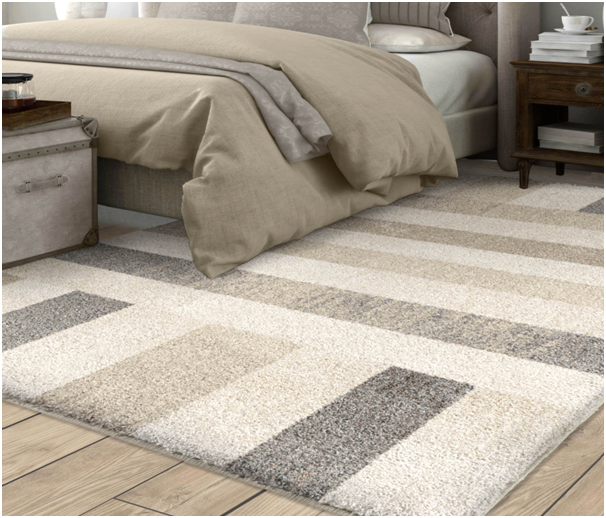Behind the Fiber: Transforming Banana Tree Waste into Rugs
Banana farming generates a lot of waste because only 12% of the banana plant is utilized, with the rest going to landfill. An Indian start-up, The Banana Store, on the other hand, is transforming banana waste into carpets, textiles, and hair extensions.
The banana fiber, also known as Musa fiber, is extremely handy. It is similar to bamboo fiber, however, it has higher tensile strength and spin ability. The weight and thickness of the banana fiber vary depending on the part of the banana stem used. The outer sheaths can be used to extract thick, strong fibers, while the inner ones can be used for the extraction of softer fibers.
The Banana Store is developing a variety of products made from banana waste, including high-quality carpets and silk rugs. Banana silk is a type of fiber derived from the banana plant. It's a long-lasting material. Its demand is rising rapidly because it is sustainable. Handwoven rugs in India are one of the most popular sustainable items.
Behind the Process of Producing Banana Rugs in India:
The Banana Store's method involves splitting banana tree trunks in half with machetes before feeding them through a shredder that converts them into long threads that feel like leather. The fibers are then dried and processed into ecologically friendly goods. Banana fibers may be woven into ropes, mats, handbags, garments, and even paper because of their adaptability.
· The banana plants must be first immersed in water. Retting is the term used for this process.
· The banana plant becomes soft after retting, making peeling easier.
· Individual banana strips are peeled using sharp objects after they've been retted.
· The strips are then sun-dried after being peeled.
· Those peels are knotted to form smooth yarn once they are entirely moisture-free.
· After that, the banana silk is sold to producers who transform it into useful items like handwoven rugs in India.
· Furthermore, items such as Indian Banana rugs are popular in other countries. It's because they're durable. When you buy a sustainable product, you are helping to save the environment.
Reasons for Using Banana Stems:
As banana trees can only bear fruit once in their lives, the "pseudo stems" of the tree are often thrown once the bananas are harvested, resulting in large amounts of trash.
Banana fiber production is an extremely resource-efficient process, as it makes use of a readily available resource while producing very little waste. Additionally, selling banana stems for banana fiber offers an additional source of income for banana growers. Banana fiber production can generate various jobs in banana-growing and harvesting regions.
About The Banana Store:
The Banana Store, an Indian-based startup, is are not only repurposing banana plant waste into beautiful handcrafted items but also empowering their community! Our handwoven rugs in India are a must-have addition to any home.
We strive hard to take care of nature without posing harm to it. We collaborate with local women workers while also supporting sustainability. The Banana Store wants to do good for society while also empowering local artisans.



Comments
Post a Comment